ARTICLES
CATEGORIES
- Anger 2
- Anxiety 26
- Article 1
- Attachment 23
- Body-Mind 4
- Book Review 1
- Business 1
- Chronic Pain 2
- Coaching 29
- Communication 19
- Compassion 20
- Depression 3
- Eating Disorders 2
- Embodiment 1
- Felt Sense 1
- Meditation 10
- Mindfulness 32
- Money 1
- Podcast 3
- Presence 1
- Relationships 27
- Resources 5
- Retreat 7
- Self-Care 31
- Somatic 25
- Stress 29
- Therapy 26
- Trauma 25
- Uncategorized 2
Let's be real
I’ve got to be honest with you. This week has been a hell of a week. I read so many emails from coaches and therapists who sound enlightened and like they’ve surely got it all figured out and I wonder to myself… is this person for real? I often wonder if that’s what people want when they’re reading blogs and newsletters… it can’t possibly be. In times like this when I feel my heart is breaking or I’ve been sucker punched in the gut or my body isn’t working the way I want it to and I feel oh so tired of having to care for it double-time, I have days where I want to curl up in a ball and cry it all away. Well… not just want… where I do.
What if Nothing Was Wrong?
Who would you be if nothing was wrong? This is a question I ask myself from time to time. It’s a therapeutic question I drop in there from time to time because my habitual thinking tendency is to look for what’s wrong - it’s a way I survived. It’s a way I made sure to keep track of anything that could go wrong, so I could get away from it or fix it or protect myself in some way if I needed to.
31 Empathetic Statements That Show You Care
When hearing emotional pain we can easily jump to an immediate reaction to “fix it”…which is not always helpful. When people experience pain, they benefit from being heard and validated through empathy, not pity or sympathy (see the difference here). Sometimes we wish well, but we just have a hard time coming up with empathetic statements.
Often times our natural tendency is to eradicate pain and fix the issue. While this can be helpful in some cases, it is usually best to collaborate and fix an issue (if desired by the hurting person) after hearing and validating the pain.
When we empathize with others, we give them space to process, time to feel heard, a chance to experience support and the opportunity to feel validated in their feelings.











